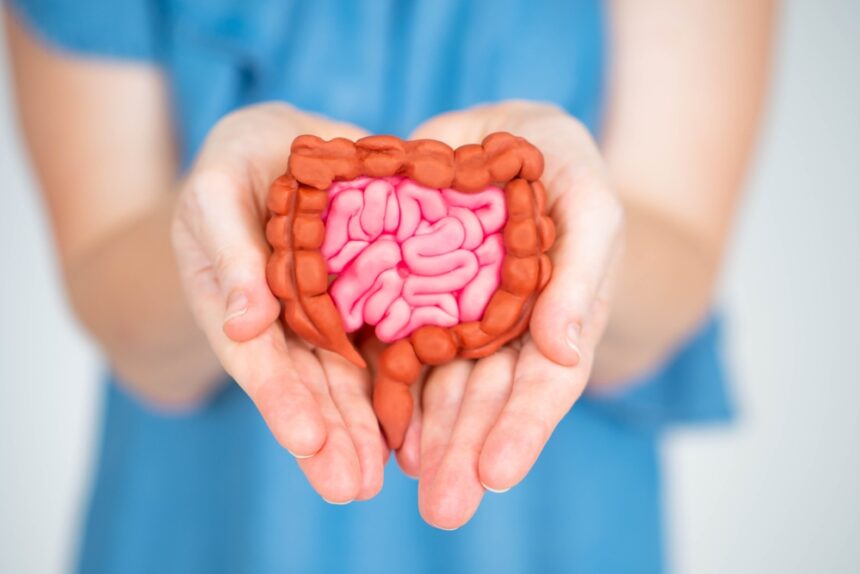Good digestive health forms the foundation of overall wellness. Your gut processes nutrients and supports immune function, which often affects mood through complex biological pathways. Working with a gastroenterologist can help you understand these connections and make informed choices that support long-term digestive balance. Here are a few ways to maintain a healthy gut:
Understand Gut Health
The digestive system functions as a network of organs, enzymes, and bacteria that work together to process food. The gut microbiome contains a variety of microorganisms that interact with the digestive system and the immune system. A balanced gut environment supports efficient digestion, while changes in this balance may lead to bloating, irregular bowel habits, or general digestive discomfort. Observing these patterns with a gastroenterologist can help you make choices that support digestive wellness.
The gut-brain connection also influences overall well-being. Signals from the digestive tract can affect mood and cognitive function, which is why digestive changes often coincide with stress or emotional shifts. Being aware of this connection highlights the role of everyday habits in supporting a balanced digestive system.
Choose Balanced Nutrition
Diet influences the diversity and balance of gut bacteria. Fiber-rich foods such as vegetables, fruits, and whole grains support digestive function and help maintain steady energy levels. Fermented foods provide natural probiotics that contribute to microbial variety, while processed foods high in sugar and additives may affect the natural balance of gut bacteria. Prebiotic foods feed beneficial microorganisms and support a balanced digestive environment. Examples of foods that support gut health include:
- Vegetables, fruits, and whole grains for fiber
- Yogurt, kefir, sauerkraut, and kimchi for probiotics
- Garlic, onions, bananas, and asparagus for prebiotics
- Minimally processed foods to maintain natural balance
Stay Hydrated Daily
Water contributes to digestion by helping move food through the digestive tract and aiding nutrient transport. Adequate hydration helps maintain regular bowel habits and keeps stool consistency comfortable. Fluid needs vary based on activity, climate, and individual factors, so drinking water consistently throughout the day is helpful. Herbal teas such as ginger or peppermint can add variety to daily fluids while promoting overall digestive comfort.
Manage Stress Effectively
Chronic stress can affect the digestive system through the gut-brain connection. Stress may influence the balance of gut bacteria and alter digestive processes. This connection helps explain why changes in digestion often appear during periods of high stress. Being aware of stress patterns can help individuals identify factors that affect their digestive comfort.
Regular physical activity can help manage stress while supporting digestion. Exercise encourages movement in the intestines and may help maintain regular bowel activity. Even moderate activities, such as walking, can have an impact on both stress levels and digestive function. Consistent activity contributes to overall digestive balance.
Sleep and mindfulness practices also influence digestive health. Maintaining a regular sleep routine may support balanced digestive function and reduce stress. Techniques like meditation or deep breathing exercises can promote relaxation and a calmer digestive environment. Integrating these practices into daily life may help improve overall comfort.
Visit a Gastroenterologist
Regular consultations with a gastroenterologist help monitor digestive health. Specialists review symptoms and assess factors that affect digestive function. Screenings, such as colonoscopies, help identify colon polyps and other abnormalities. Persistent digestive concerns can be evaluated to determine whether further assessment or treatment is needed. Schedule an appointment with a gastroenterologist to discuss digestive wellness.









